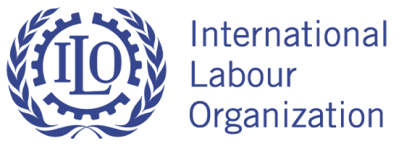
The International Labor Organization (ILO) is the specialized agency of the United Nations responsible for the world of work. The main goals of this organization include ensuring the right to employment, promoting the development of good employment opportunities, enhancing social protection and strengthening dialogue on labor issues.
The special tripartite structure of the ILO provides an equal voice for workers, employers and governments, ensuring that the views of these social partners are reflected in the labor standards and taken into account in the development of policies and programmes.
The ILO develops and monitors the application of international labor standards in the form of conventions and recommendations. These standards cover all aspects of the world of work, setting out fundamental principles and rights to ensure decent working conditions for all.
As a Cosponsor of UNAIDS and in line with the UNAIDS division of labor, the ILO is the lead organization for HIV workplace policies and programs and private sector mobilization.
The ILO recognizes that HIV can have a devastating impact on workforces and production, and that it poses a huge burden on workers, their families and communities, and these impacts come in many forms. For example, HIV-related stigma and discrimination undermine opportunities for decent and sustainable employment. The workplace is a special area allowing to reach this huge, viable and productive segment of the population. The ILO has been involved in the response to HIV through the world of work since 1998.